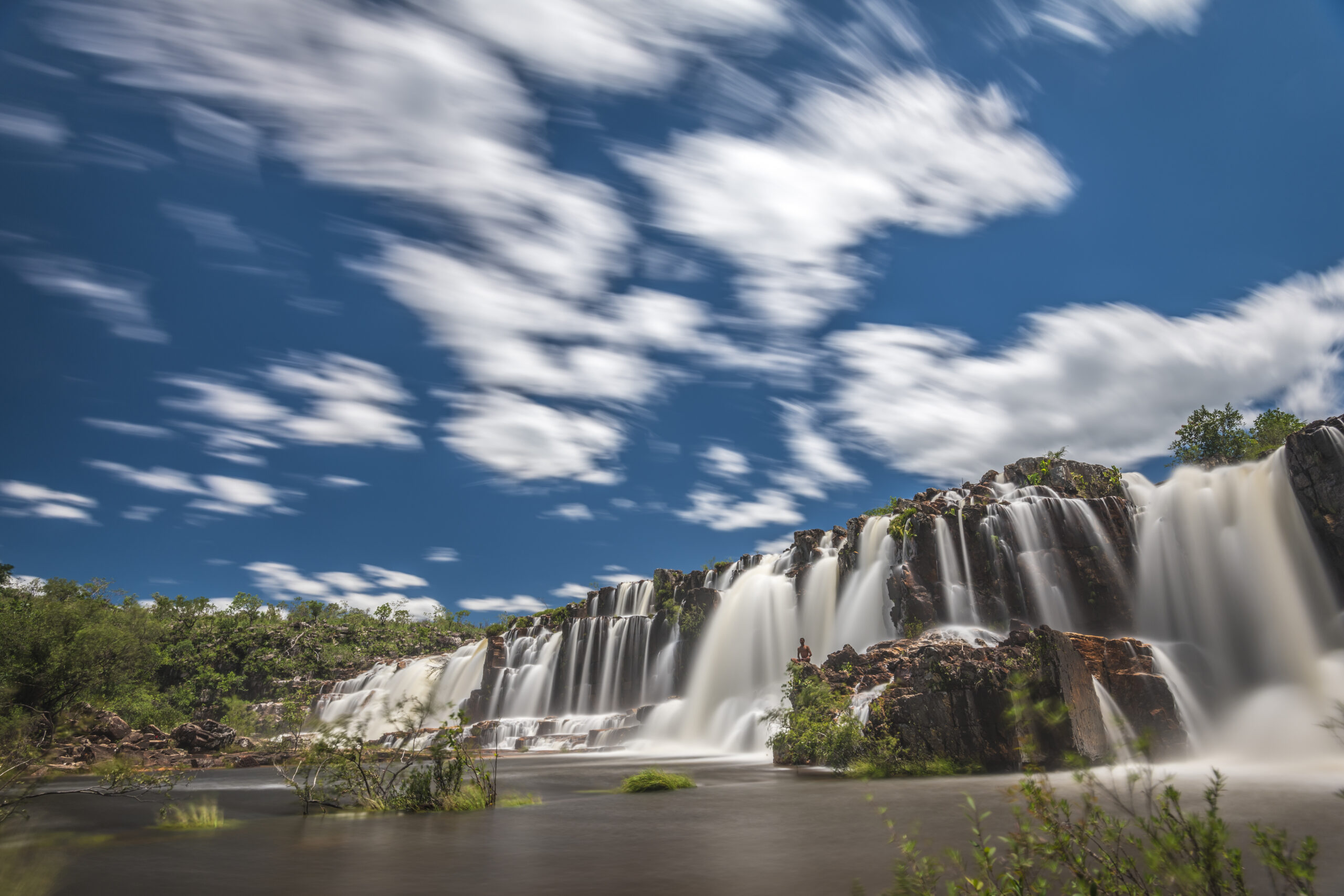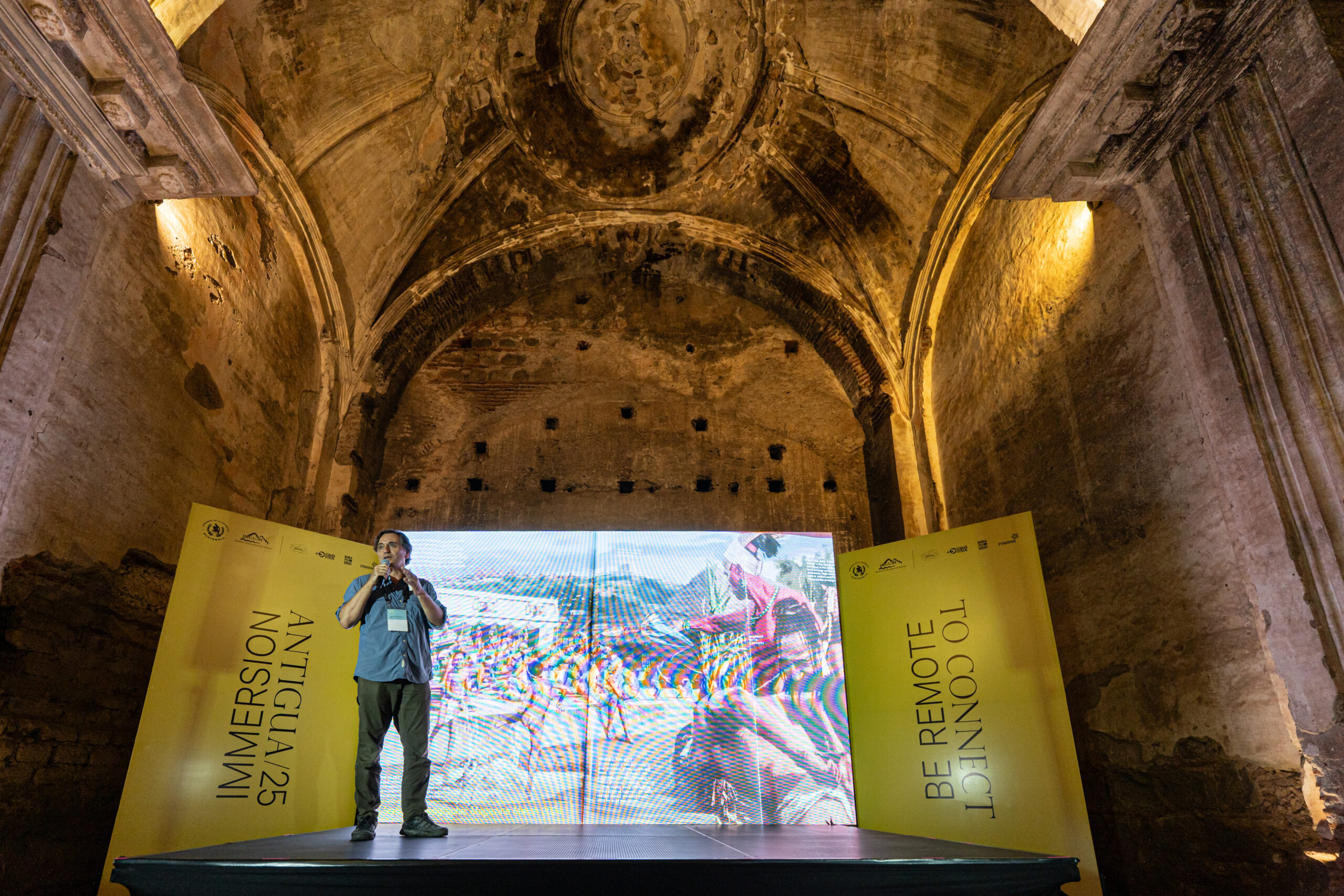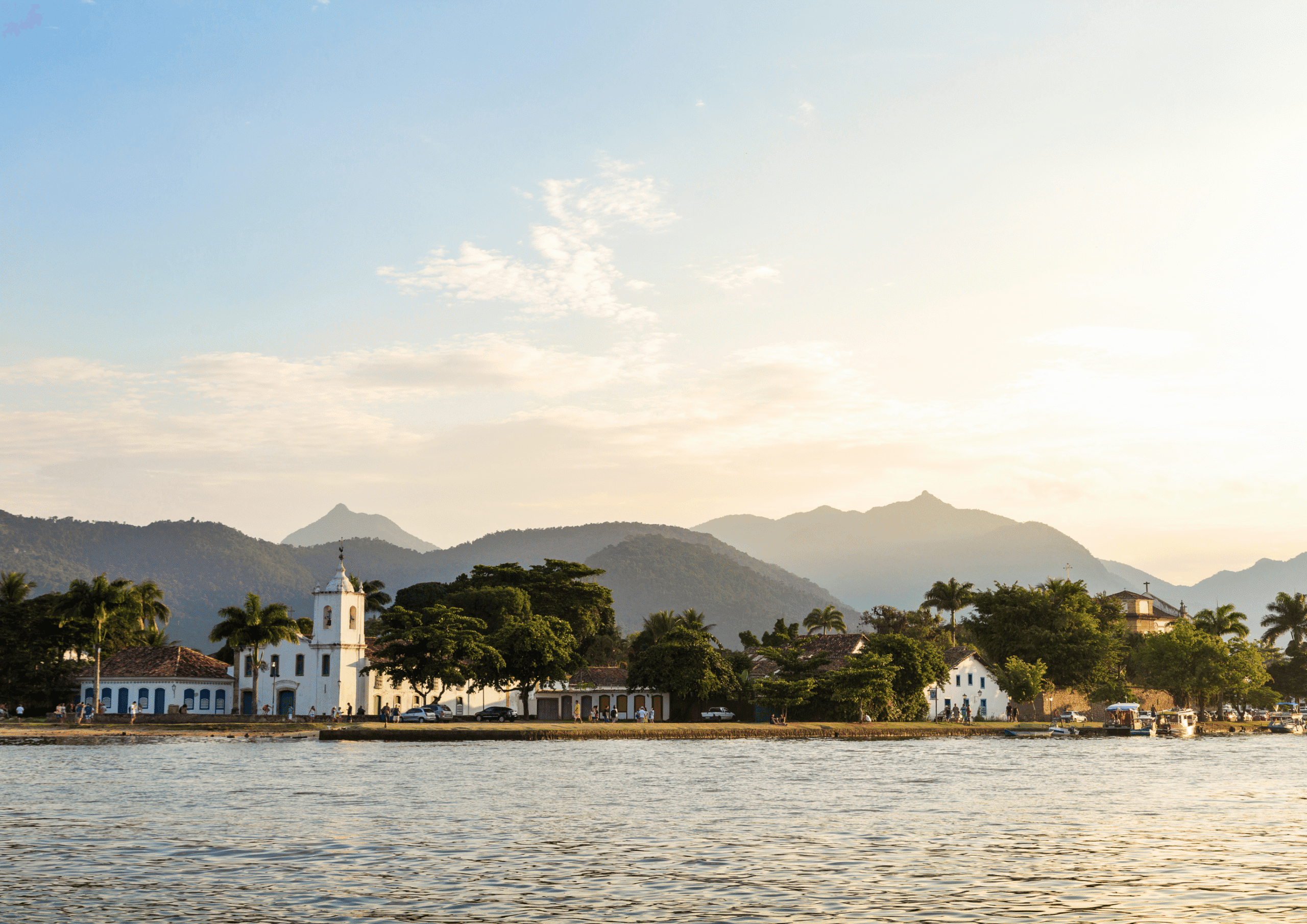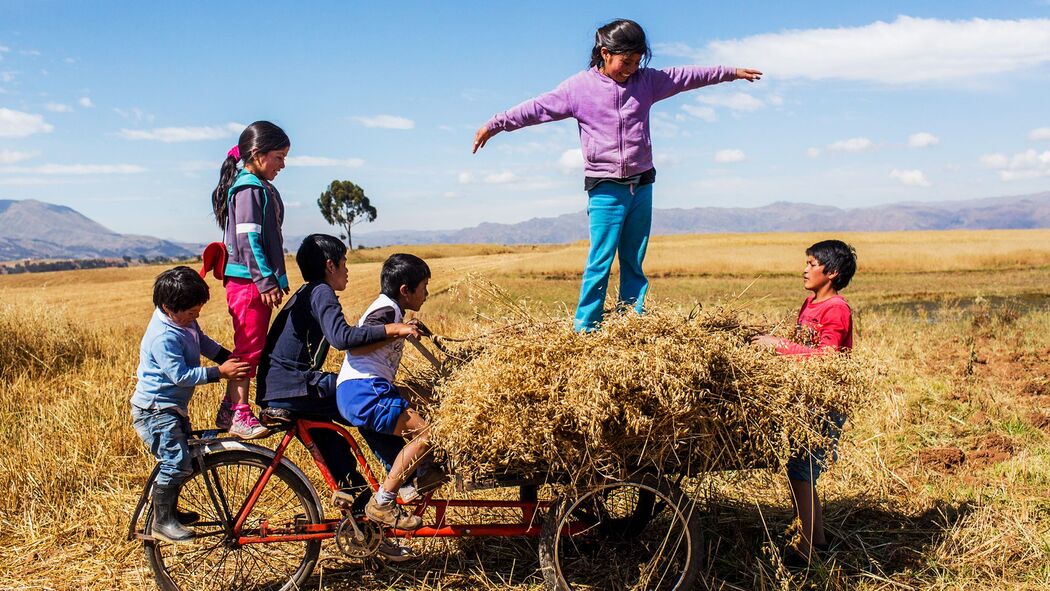
There’s still a lot of skepticism about whether luxury and community-based tourism can really work in synergy and it often stems from concerns about comfort or perceived differences in interests. However, many initiatives in Latin America have proven otherwise, showcasing how partnerships between traditional communities and companies that cater to discerning travelers can be both harmonious and transformative. These collaborations are not only raising awareness and generating memorable experiences for all those involved, but they’re also improving lives and fostering mutual respect and understanding.
As luxury tourism has evolved from material excess to experiential wealth, so have the expectations of travelers, who now crave authentic interaction with local communities. Communities are also recognizing the inestimable value that lies in sharing their knowledge, culture and ways of life.
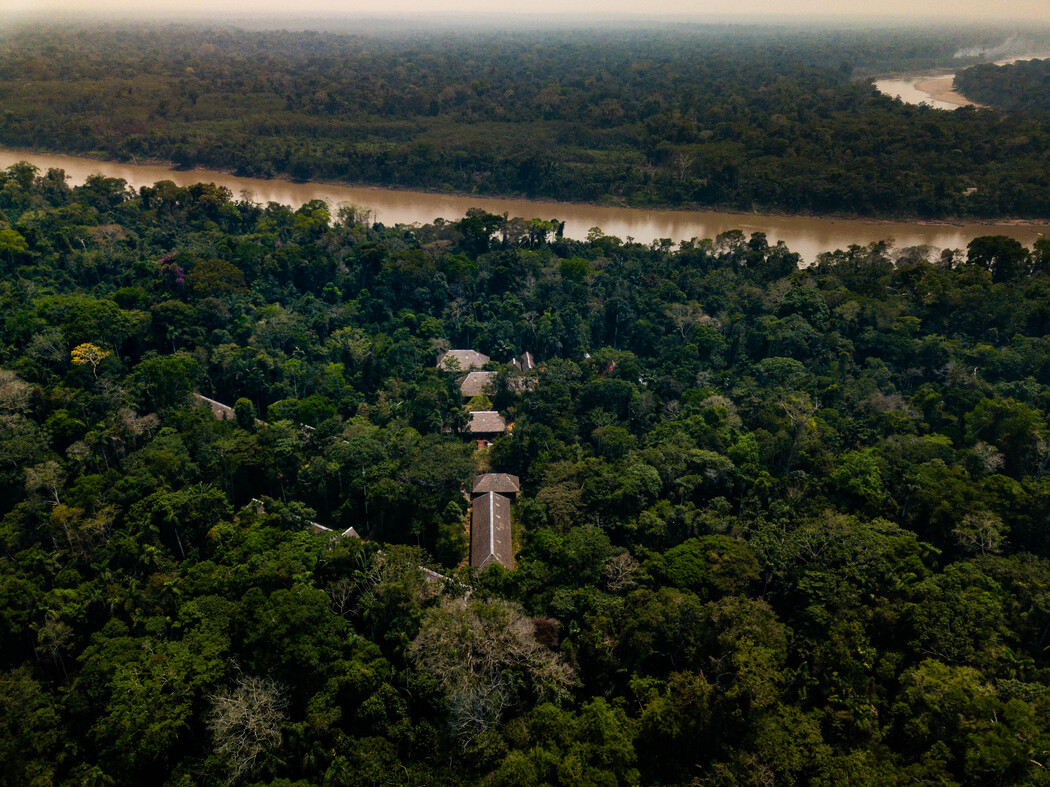
In 1996, when the Ese Eja Native Community of Infierno began to manage Posada Amazonas in the Peruvian Amazon, a successful joint venture was established between Rainforest Expeditions and the local indigenous group. After a period of transition, the Native Community of Infierno came to own the lodge and the land, while Rainforest Expeditions supports its marketing and management. Protecting over 9,500 hectares of pristine forest, Posada Amazonas and the community of Infierno offer memorable, immersive experiences for visitors and reinvest 75% of their profits directly in the community.
Travelers can explore the lush rainforest, spot unique wildlife, learn about the intricate ecosystem from knowledgeable local guides and actively participate in conservation efforts. After climbing up to a 42-meter canopy tower with breathtaking views, guests are invited to visit the calm waters of Lake Tres Chimbadas and the ethnobotanical Ñape Center, where the community shares their traditions. Though it does not embrace classical opulence, but instead a kind of relaxed luxury and the value of connections between humans and with nature, Posada Amazonas is a great example of how a traditional community can lead high-end responsible tourism experiences.
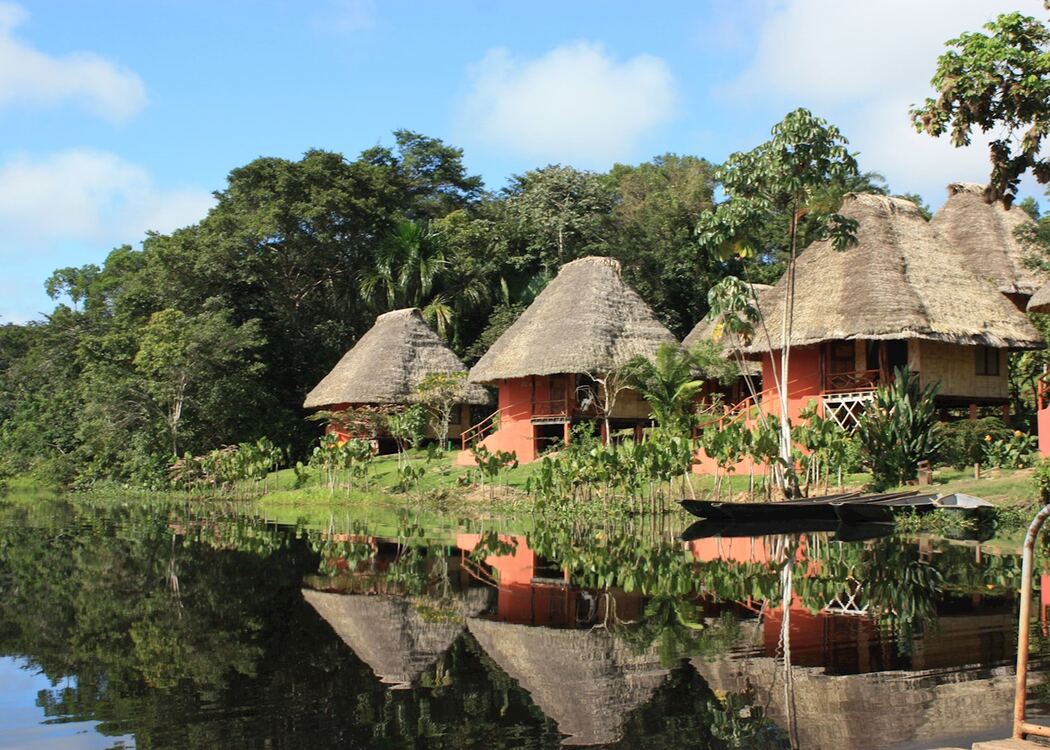
Across the border, in the Ecuadorian Amazon, the Kichwa Añagu indigenous community manages the Napo Wildlife Center and the Napo Cultural Center, two charming jungle lodges located within Yasuní National Park, one of the most biodiverse places on the planet. The community decided that tourism would be the best way forward in a region seriously threatened by oil extraction. The lodges and activities offered are part of a 100% community-run project, and all net profits fund local needs such as the school, health center and the installation of solar panels.

With over 25 years of experience taking tourists to unveil the mysteries and unique cultures of Bolivia, anthropologist and entrepreneur Janette Simbron, founder of Bolivia Milenaria, has always been actively committed to the country’s traditional communities. In an interview with REMOTE Latin America, Janette commented: “We’re striving to develop our country, so everything we do also sees enhancing economic development and the standards of living of our people as our most important goal.” In addition to creating itineraries in partnership with local communities, Janette is directly involved in offering training, so that the hosts are able to welcome even the most demanding tourists. But always without changing the essence of their traditions or day-to-day lives.
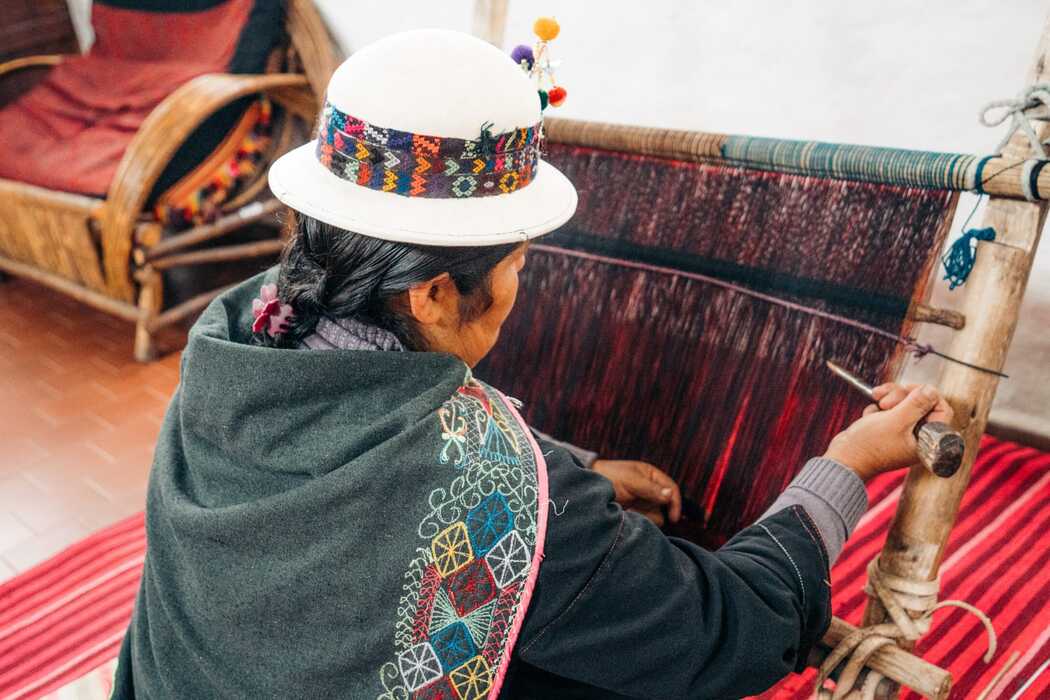
Bolivia Milenaria’s latest community-based venture is an immersive experience in Puca Puca, located approximately 50 kilometers from the capital, Sucre. Travelers have the opportunity to actively engage with the women of Puca Puca in their traditional tasks, spinning, dyeing and weaving fabrics, and participate in the community’s daily activities, from agriculture to local crafts. The experience also includes enjoying a meal prepared by the community, featuring local cuisine that provides flavorful insight into the region’s culinary traditions.
Over 20 years ago, Petit Miribel and her husband decided to move from Europe to the Sacred Valley of Peru. Concerns about their social impact and educating the local community were priorities from the beginning. To help sustain a school for local children and offer fair employment for families in the region, they opened Sol y Luna – Relais & Châteaux. Today, the Sol y Luna Foundation, Sol y Luna School and Sol y Luna Home operate independently of tourism, supporting the community year round.
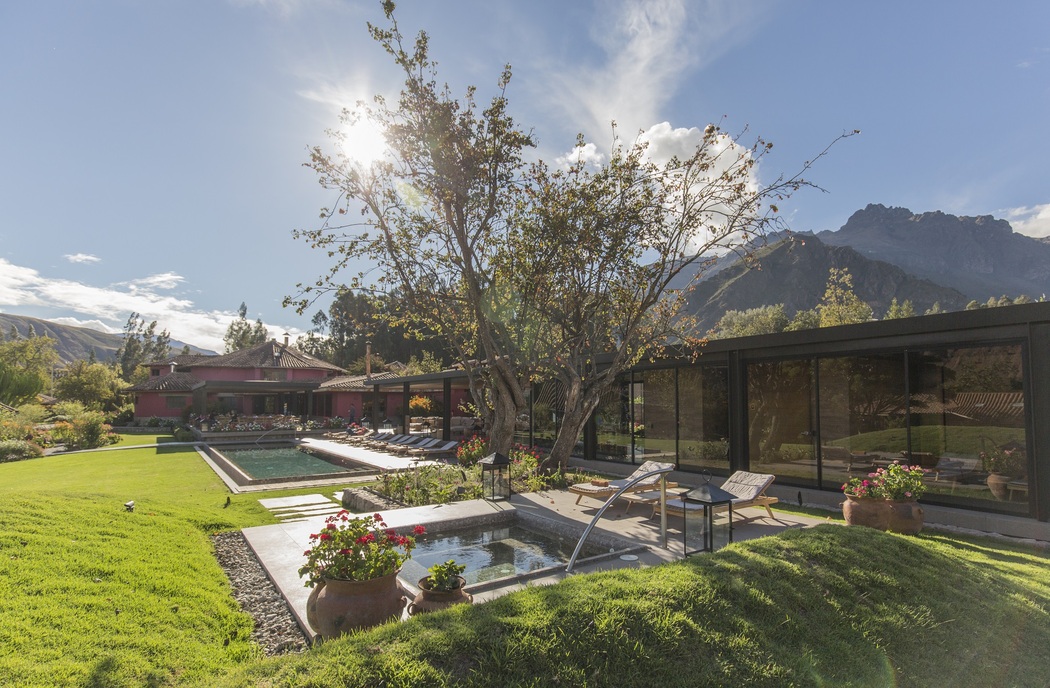
Still, visitors continue to play an important role in exchanges with the community through ceramics, Andean fabric weaving, theater performances, Peruvian horse shows and many other amazing experiences. Whether or not they are staying at the hotel, travelers can visit the school, volunteer at the orphanage and get involved in other ways, such as sponsoring a child’s education.
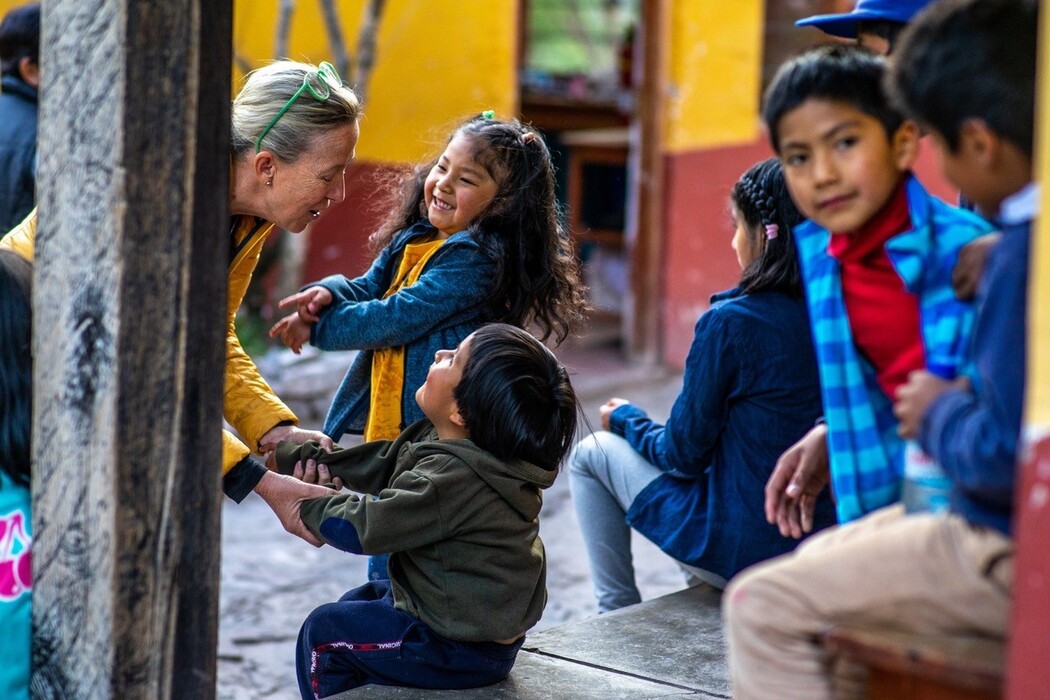
Petit reminds us that luxury tourism, entrepreneurship and local impact can go hand-in-hand: “Oftentimes, people think it’s kind of strange to be thriving as a business owner and also have a successful social project. They don’t see how those things can go together, but I can assure you they match very well.”
By fostering these harmonious partnerships, luxury tourism in Latin America can create a sustainable model that supports the well-being of local communities while offering unparalleled experiences for visitors. Rather than importing well-known “formulas” from other countries, initiatives, businesses, local governments and communities in Latin America are learning to develop their own strategies and solutions for sustainable tourism practices that benefit everyone.
